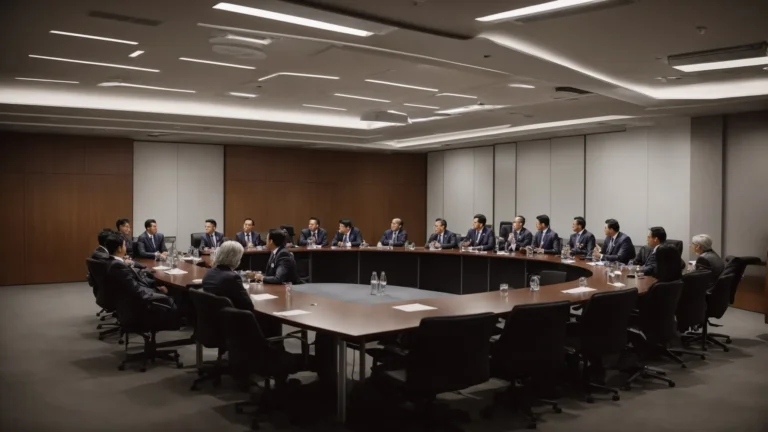Key Considerations for Choosing the Right Arbitral Tribunal
When it comes to international investment disputes, selecting the appropriate arbitral tribunal is a critical decision that can greatly impact the outcome of the dispute resolution process. Factors such as the tribunal's expertise in the specific industry involved, its track record of handling similar cases, and its geographical location can all play a role in determining its suitability for the case at hand. Parties must carefully evaluate these factors and choose a tribunal that aligns with their objectives and expectations for the arbitration proceedings.
Additionally, understanding the procedural rules and practices of different arbitral tribunals is essential in navigating the dispute resolution process effectively. Each tribunal may have its own set of rules and guidelines governing the arbitration process, and parties must ensure that they are familiar with these rules to avoid any surprises or setbacks during the proceedings. By carefully assessing these considerations, parties can make an informed decision on which tribunal to select for their international investment dispute.
Contracting with Governments: Understanding the Unique Challenges and Opportunities
When engaging in international business transactions that involve contracting with governments, investors are faced with a unique set of challenges and opportunities. Governments often operate under different legal frameworks and regulatory environments, which can impact the terms and conditions of the contract as well as the resolution of any disputes that may arise. It is vital for parties to fully understand these complexities and adapt their contracting strategies accordingly to mitigate risks and maximize opportunities.
Furthermore, contracting with governments may involve navigating political considerations, cultural differences, and varying levels of transparency and accountability. Parties must approach these negotiations with a strategic mindset, taking into account the political and economic climate of the host country, as well as the potential implications of government involvement in the contract. By proactively addressing these challenges and seizing on the unique opportunities that arise from contracting with governments, investors can establish successful and mutually beneficial business relationships on the international stage.










